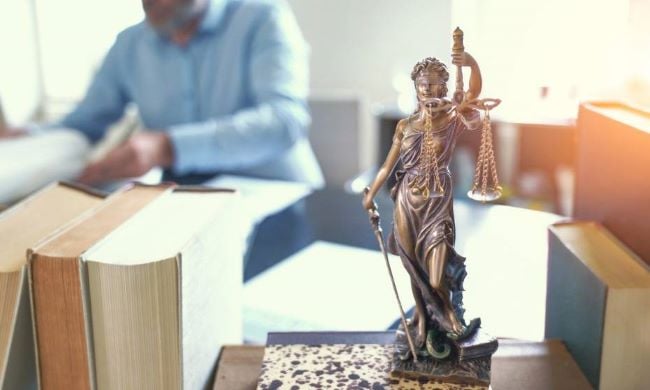
The ruling was made to meet the “continuing and growing need for legal services in many critical areas” as a result of COVID-19.

The New Jersey Supreme Court is allowing law school graduates to practice in the state even without passing the bar.
In a statement released on 6 April, the court recognised that as per advice from the New Jersey Department of Health, the bar exam scheduled to take place in July 2020 was unlikely to happen based on the coronavirus pandemic’s current rate of advance. This would mean that many law school students set to graduate in the spring would be unable to enter the industry in a time when legal issues related to the pandemic are cropping up.
“Without a means to pass the bar and obtain a law license, qualified law school students who expect to graduate this spring may lose job offers, be unable to find legal work, and otherwise suffer financial hardship,” said Chief Justice Stuart Rabner. “At this challenging time, the public has a continuing and growing need for legal services in many critical areas. Newly admitted lawyers can help meet that need.”
Following a consultation with New Jersey law school deans and leaders of the bar, the court ruled to postpone the July 2020 bar exam to the fall, and graduates will be allowed to practice temporarily under the supervision of a licensed attorney.
However, graduates who wish to practice under this ruling will have to meet the following criteria:
Graduates who fulfil the requirements will be issued individual orders granting them short-term authority to “enter appearances, draft legal documents and pleadings, provide legal services to clients, engage in negotiations and settlement discussions, and provide other counsel consistent with the practice of law in New Jersey.” The graduate must be guided by an attorney who “is in good standing and has held a plenary license to practice law in New Jersey for at least three years.” Any documents filed to court must have the supervising attorney's name and bar ID.
The temporary order does not grant graduates a plenary license or “any vested or implied right to be licensed,” and the ability to practice will only last until bar exam results are released. Moreover, if a graduate does not sit for the first scheduled exam, the temporary order will lapse unless an extension is given by the board on the grounds of having a good cause for delay.
Graduates who pass the bar will be granted a plenary license that automatically supersedes the temporary order; graduates who do not will no longer have the right to practice under supervision.